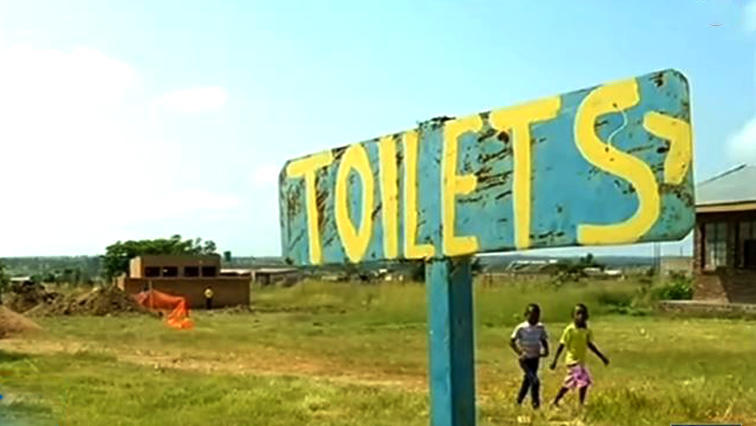Northern Cape Premier Zamani Saul has received backlash on social media platforms following his tweet on Tuesday about 540 flushing toilets that will be constructed at Campbell to eradicate the bucket and pit toilets at a cost of R120 million.
X users questioned the budget of the project with some demanding the breakdown of this cost. However, some Campbell residents who are using buckets and pit toilets have welcomed the announcement stating that it will also create employment.
The multi-million rand project is expected to start in January next year.
N Cape Premier slammed over toilet construction project
Resident Louna Springbok says, “It is such a nice feeling of the announcement made here yesterday, that we are going to get the new toilets and it seems like our water line and systems will also improve, I think it’s a good thing but the thing we want to see its results, we just don’t want to hear promises back to back.”
“We are very grateful about that because it’s been a very long time since we used those toilets, when the premier made the announcement I felt that something is finally happening in our place. It’s time to fix things up. Back to back, the project will create needed jobs.”
Meanwhile, Saul says questions raised about the cost of eradicating the bucket system and pit toilets at a cost of R120 million, are baseless and ill-informed.
Those who questioned the budget included the civil rights movement Organisation Undoing Tax Abuse and Patriotic Alliance leader, Gayton Mckenzie.
Some residents further demand a breakdown of the costs.
Saul insists that the project consists of various phases hence the cost.
“It’s quite clear that those people are raising strong views on matters they don’t have any knowledge of. When you are saying you are putting up flushing toilets in a community, it is not you putting up a toilet. How are people going to flush if there is no water? how is the system going to function if you have no bulk sewer network? So 80% of that amount is going towards ensuring that we put up the bulk infrastructure before we can even think about reticulation and putting toilets in households.”

